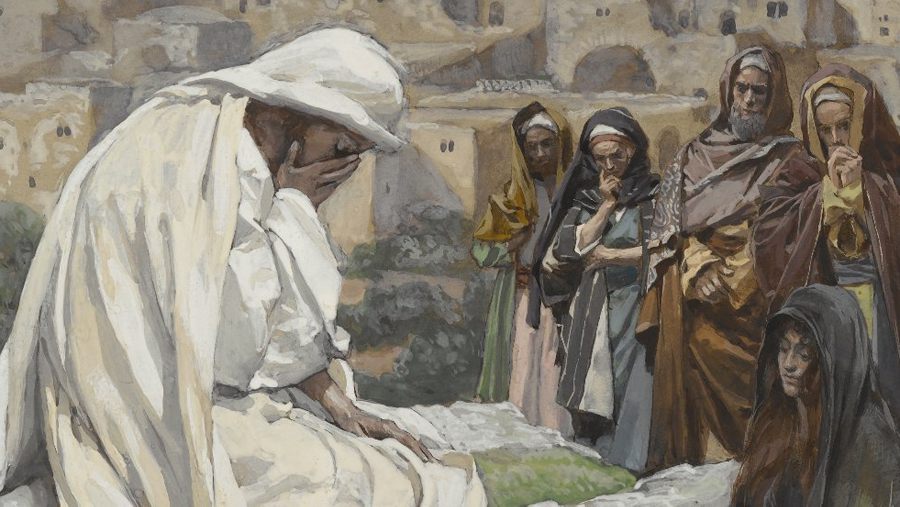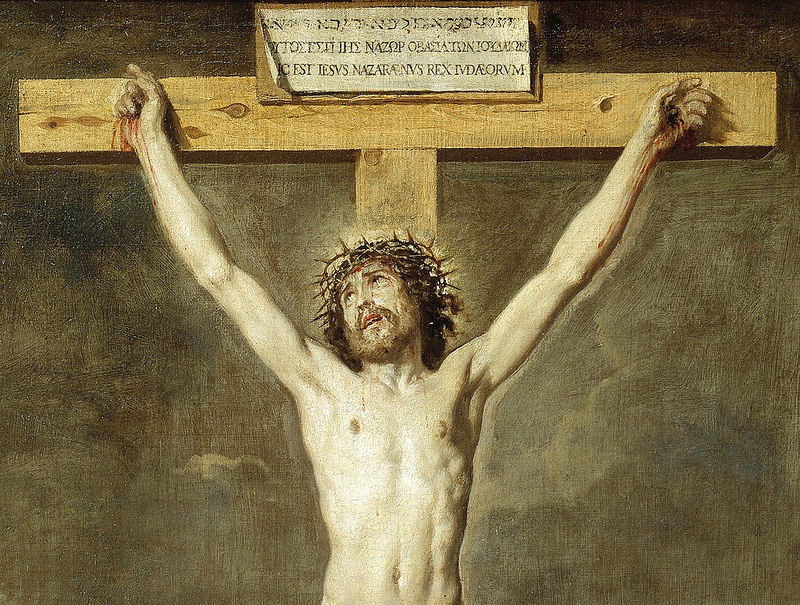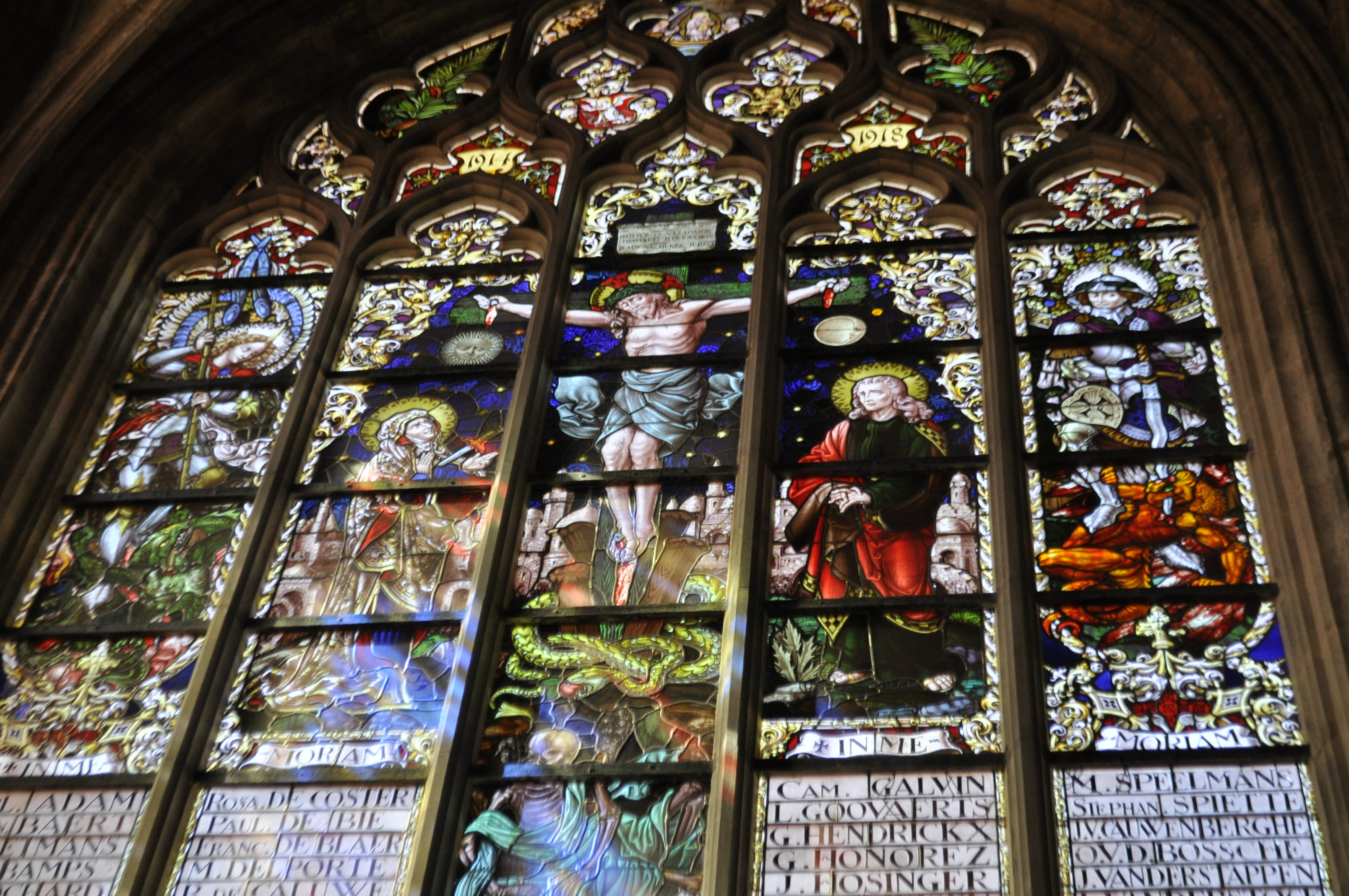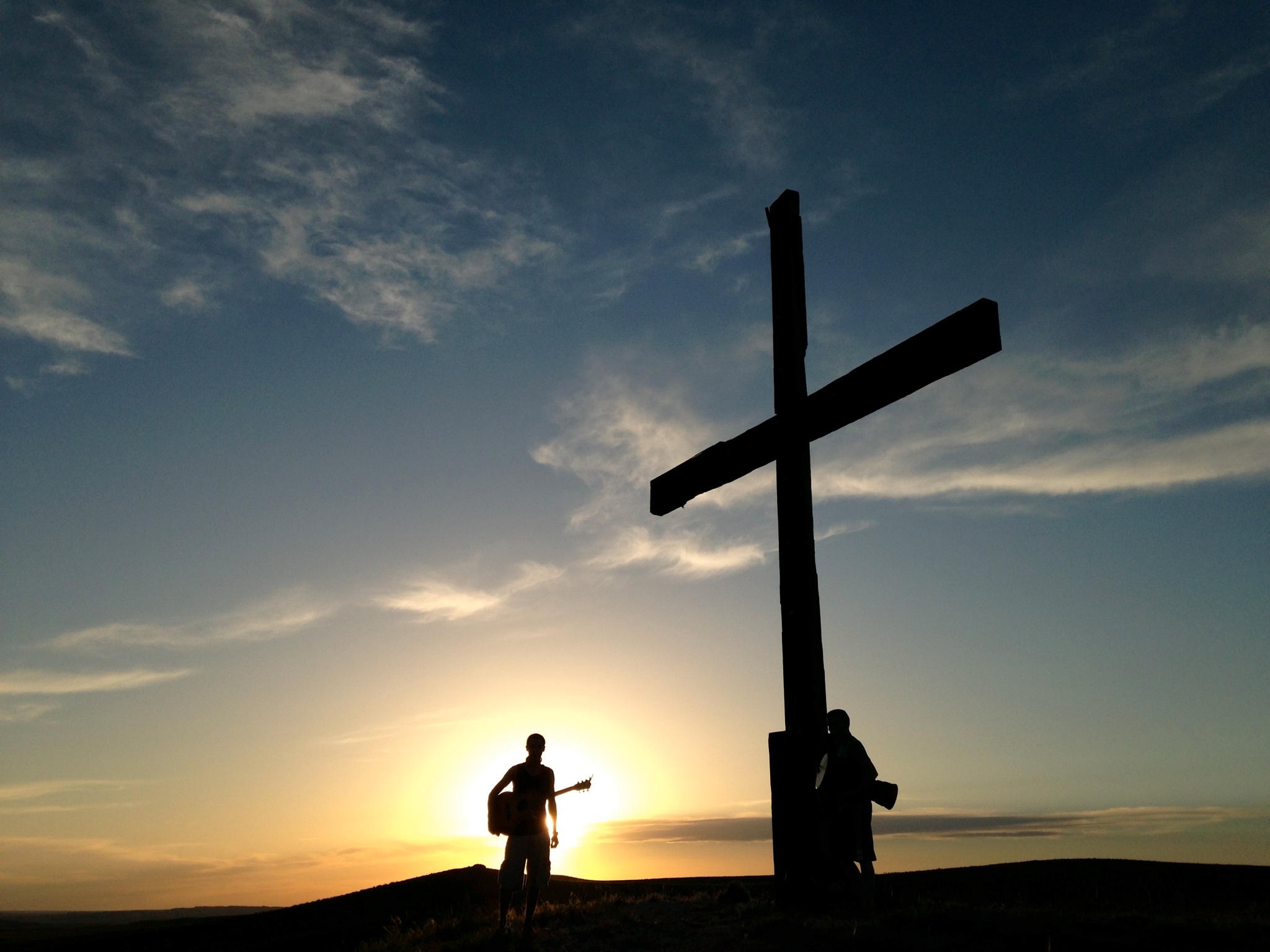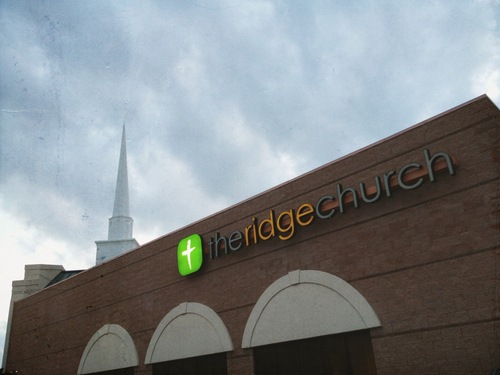It began on Palm Sunday, when 45 saints were martyred by ISIS while attending worship services at two Coptic churches in Egypt.
That same day, a 69-year-old doctor from Kentucky was forcibly removed from an airplane, for no other reason aside from the fact that the airline wanted to accommodate its own staff before a customer. He was left with a broken nose, busted lip, and concussion from this dehumanizing experience at the hands of an aviation police officer.
One of these events was committed by a sworn enemy; the other, by someone whose job is to protect us.
The next day, a 53-year-old woman and 8-year-old student lay dead in a special needs classroom at a California school. The shooter was the estranged husband of the woman.
Tuesday and Wednesday were a bit quiet, or perhaps I just didn’t pay close enough attention to the news.
When Maundy Thursday came, I was relieved to begin the journey of reflection leading up to Easter. These events—in particular the first two—had taken their toll, and I was ready to catch a glimpse of hope in a not-so-holy week.
I had just finished a lunch meeting and was headed back to my office. Already exhausted, I dropped into Starbucks in search of caffeine. As I stood in line, a breaking news alert came across my phone: US Drops ‘Mother of All Bombs.‘
I quickly scoured the Internet for more information, the words “largest non-nucleur bomb” and “target was ISIS caves” catching my eye. Disoriented, I stumbled out of line. This is not normal! I thought to myself. Last week we fired missiles at Syria, this week we’re dropping bombs on Afghanistan. Does this mean we’re at war? Or have we been at war this whole time without realizing it? Will they retaliate? I live 50 miles from Manhattan. Is this why I saw New Jersey National Guard was on the move today? If our President views firing missiles as something so casual as eating a delicious piece of chocolate cake, there is virtually no ceiling on the short-sighted decisions he will make—especially since his favorite Bible verse is “an eye for an eye” (which Jesus directly refuted).
These were some of the thoughts that were running through my head. They may not all be grounded in “truth” but this was my experience at the time. And to be honest, I was scared.
But that night, I went to church. As my eyes were fixed to the cross, all of the fears and stress I had felt from this not-so-holy week began to quickly fade, which is why local churches that preach Jesus are the one consistent place I know I can find peace in a world of chaos.
